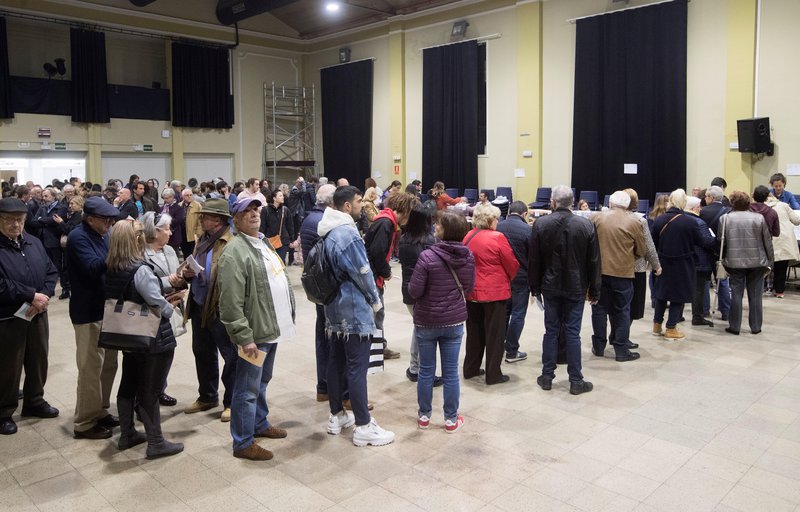THE LAST WORD
Playing at Punditry
I’m one of those football fans who likes the game, and in fact still plays, but only keeps a cursory eye on fixtures, results and signings. However, that changes when it comes to those peak moments in the season, when the last few teams battle it out for a place in the final, or when a big international tournament like the World Cup comes around. At those moments I find myself thinking of little else, reading every report, watching every game, and even filling out wall charts to keep track of the events as they unfold.
I seem to have a similar reaction to politics. I try to keep up with what’s going on among the political parties and in the various chambers, but my interest is only truly piqued at election time. This is one of those moments, with the Spanish general election just over (see our overview of the results on pages 14 and 15) and with local and European elections on the horizon.
Yet, unlike football, getting your head around what exactly is going on is not easy in politics. In football, there’s always the odd, and often decisive, occurrence that is open to interpretation, but in general it’s pretty black and white. While politics might also seem black and white, the results are just the start of a process of interpretation that can go on for years.
The results of the recent general election are a good example. With the ERC party winning a record number of 15 seats in the Spanish parliament, some see this as a growth in support for independence. Yet, the other major pro-independence party, JxCat, lost a seat, while Front Republicà didn’t even get on the scoresheet. At the same time, the unionist Catalan Socialists were boosted into second place in Catalonia, with 12 seats, while En Comú Podem, which favours a self-determination referendum, dropped five seats in Catalonia.
Or we could see things in a different way. ERC’s good showing could be down to it being a party on the left, and with the gains made by the Socialists, it was a case of the rise of the rightwing parties stimulating leftwing voters into action. Yet, the leftwing Podemos party went from 71 to 42 seats, and even though they were the big winners with 123 seats, Pedro Sánchez’s Socialists are way off the majority of 176 votes they need to form a government.
Then there’s the far-right Vox party, which came out of nowhere to win 24 seats in the Spanish parliament, including one in Barcelona, while their potential allies before the election, Ciudadanos, increased their number of seats from 32 to 57. So does this indicate a swing to the right? Perhaps, but then the conservative Partido Popular had a disastrous night, its worst in three decades, with its number of seats dropping from 137 to 66.
I don’t know which of these scenarios reflect the true situation, and perhaps all of them do to one extent or another. However, with so much up in the air, I do look forward to following how things develop. The only thing I do know is that the many self-styled experts we will see commenting on TV, online, in newspapers, and on the radio don’t really know either.


